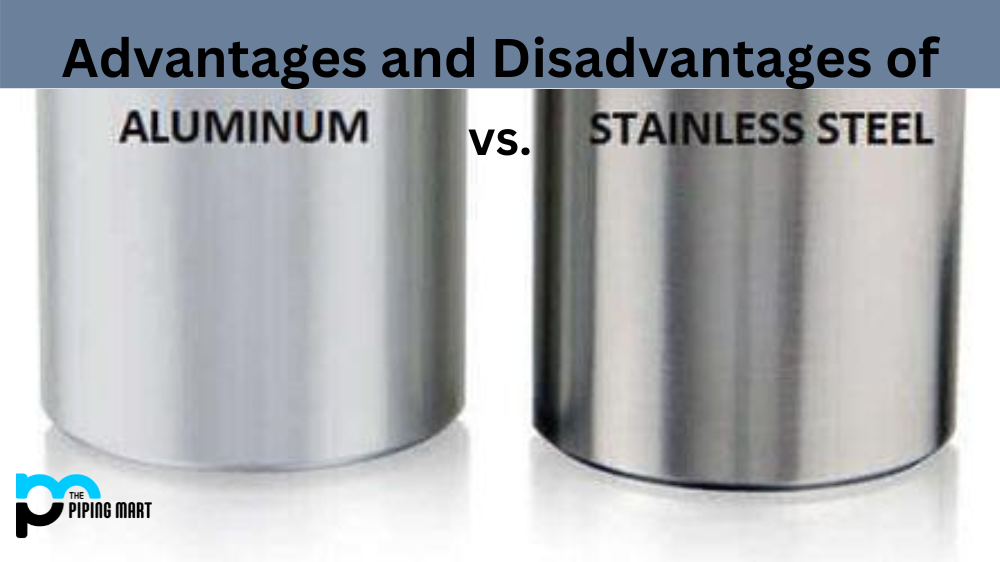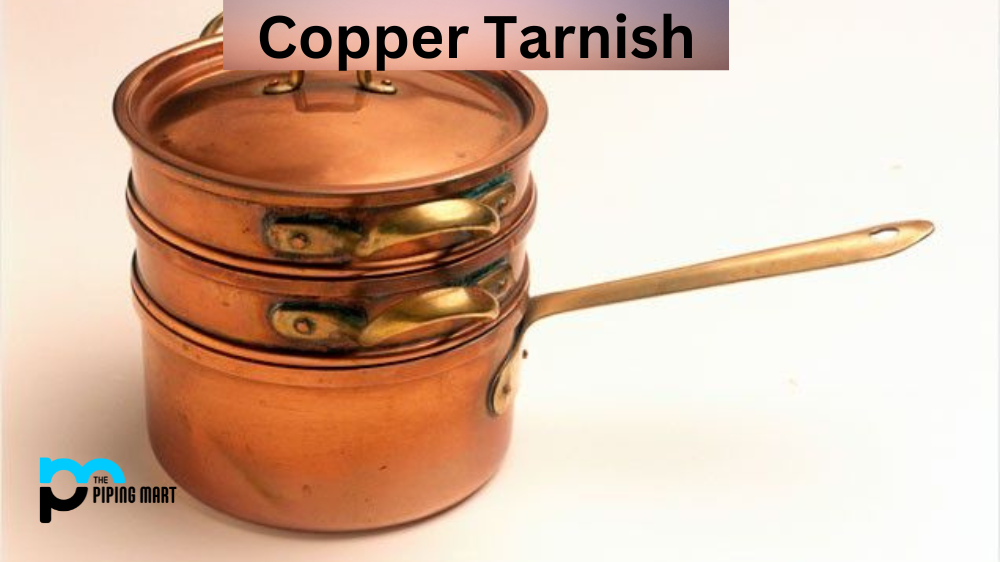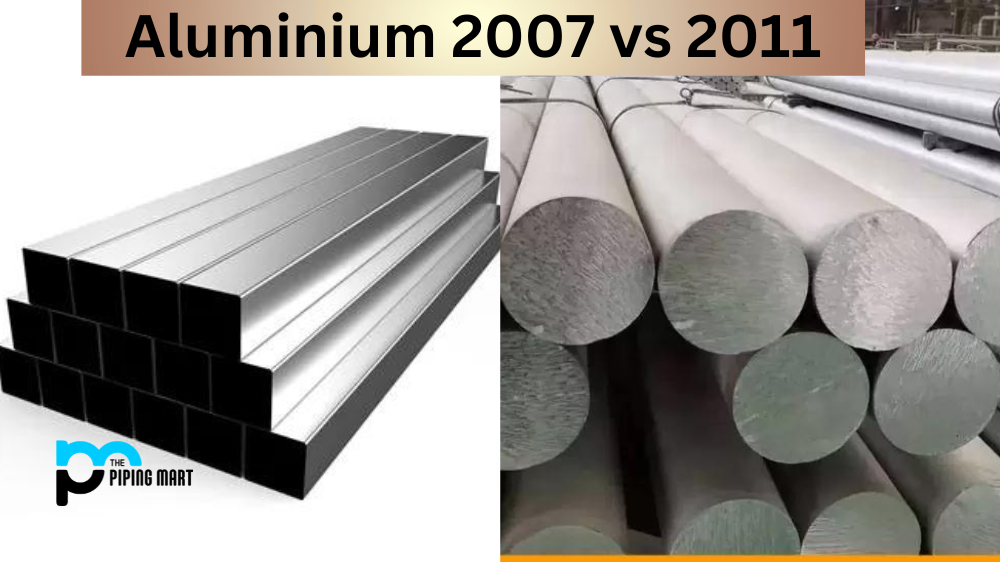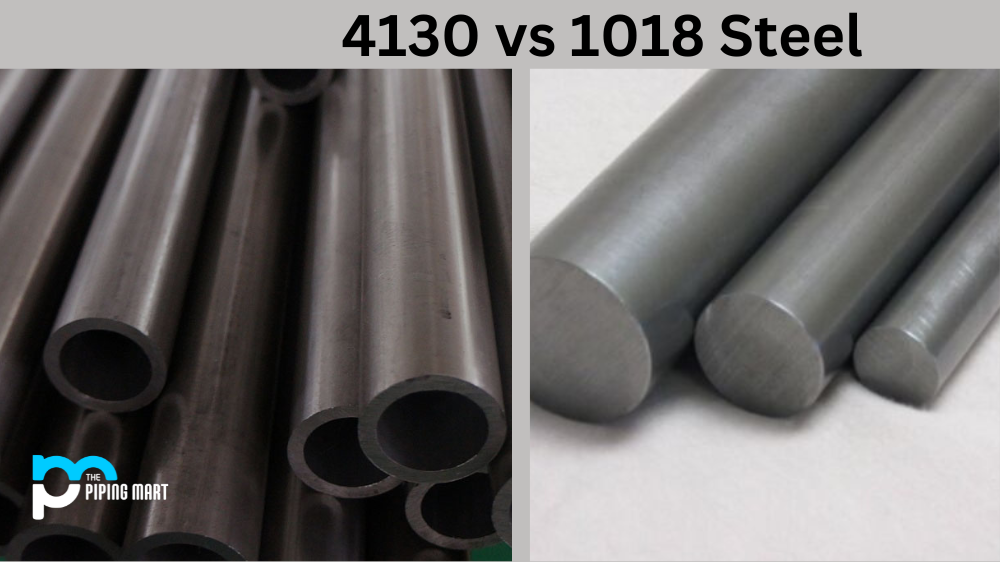When it comes to the debate between aluminum and steel, both have their advantages and disadvantages. From cost to durability, there are many factors to consider when deciding which material is best for your project. So let’s take a closer look at aluminum versus steel and explore their strengths and weaknesses.
Strength vs. Weight Ratio
Aluminum is lightweight but strong, making it a great choice for projects that require strength but need to be portable. It’s also less dense than steel, making it lighter in weight for its size. This makes aluminum ideal for applications like aircraft construction, where the weight of the material is an important factor. On the other hand, steel is much stronger than aluminum and can withstand high-pressure levels or impact without breaking or bending. Steel is also more durable than aluminum since it doesn’t corrode as easily in harsh conditions such as saltwater environments or industrial settings with exposure to certain chemicals.
Cost Considerations
When it comes to cost considerations, both materials have their pros and cons. Aluminum may initially be cheaper than steel, but it could cost you more in the long run because of its shorter lifespan than steel. In addition, depending on what you’re using the metal for, you may need to spend more money on additional treatments such as anodizing or powder coating if you choose aluminum over steel since these processes are required to further protect aluminum from corrosion or wear-and-tear over time. On the other hand, while steel can be more expensive upfront, its longer lifespan means that overall costs could be lower over time since you won’t have to replace components as often as if made of aluminum.
Conclusion:
When deciding if aluminum or steel is better for your project, there are many factors, including strength-to-weight ratio, cost considerations, and durability in various environmental conditions. Ultimately though, each material has its own unique set of benefits that can make them suitable for different types of applications depending on what your needs are. To make sure you choose the right material for your project, consult with experts who specialize in these materials so that they can help guide your decision-making process and ensure your project’s success!

Pipingmart is B2B portal specializes in industrial, metal and piping products. Also, share latest information and news related to products, materials and different types grades to help business dealing in this industry.




